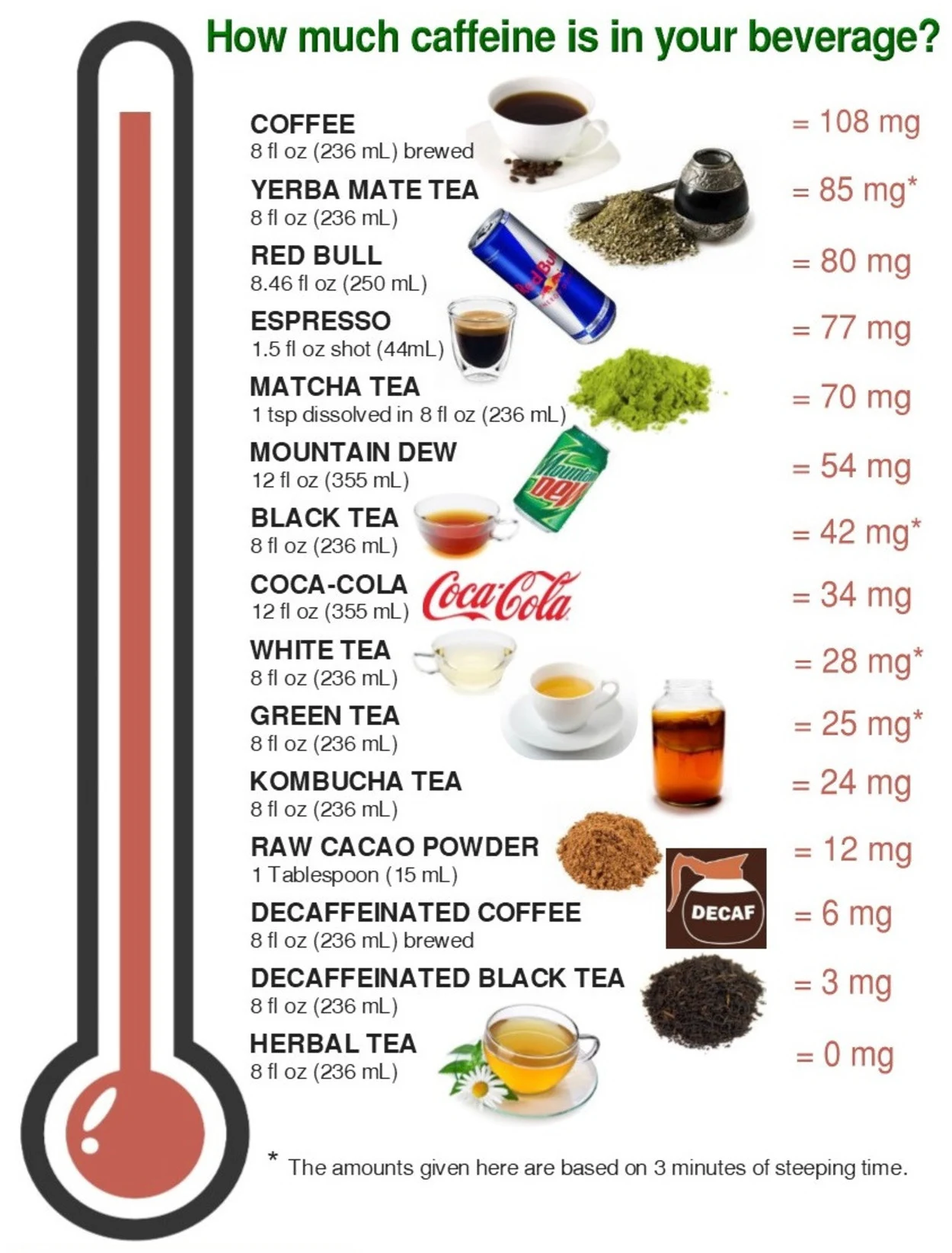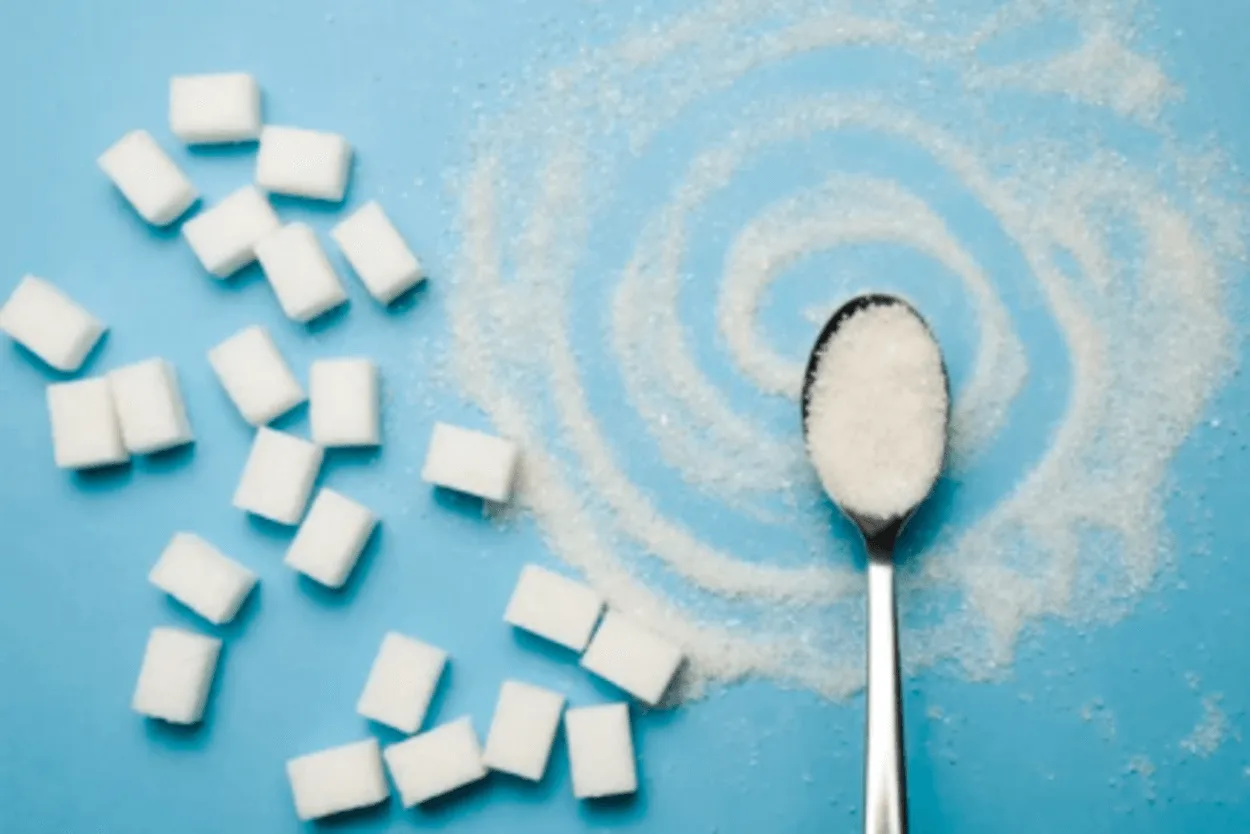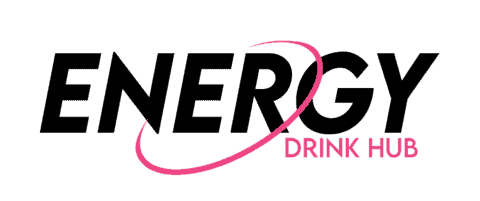There has been a debate over the topic of whether energy drinks have the potential to cause a miscarriage but strong evidence for any claim has not been given yet.
Over the previous three years, the Food and Drug Administration has received over 90 event reports associating the energy drink 5-Hour Energy with accidents or health issues, including one incidence of miscarriage, according to the New York Times.
The papers, however, do not state if the energy drink caused any of these problems.
Caffeine has been studied for years to see if it increases the chance of miscarriage, but the results have been mixed.
We will discuss this topic in detail and conclude it by the end of this article so be with us!
Page Contents
Risk Of Energy Drinks
Caffeine may reach the placenta, but it’s unknown how the chemical can enhance the chance of miscarriage, according to Klebanoff.
According to Triche, some animal studies have indicated that excessively high levels of caffeine are teratogenic – they can create changes in the DNA of a fetus, leading to miscarriage. Triche said it’s unclear what dose of caffeine if any, would have this effect in humans.
Having a miscarriage after consuming an energy drink would not be sufficient to blame the drink.
| High Levels of Caffeine | It is recommended to avoid energy drinks due to the known hazards of high caffeine levels during pregnancy and the potential problems of additional chemicals. |
| Cardiovascular Responses | Researchers have found that drinking energy drinks causes an increase in systolic blood pressure and heart rate. |
| Stress | Stress during pregnancy might raise the odds of having a premature baby. |
High Levels Of Caffeine

Energy drinks are defined by the American Academy of Nutrition and Dietetics as any beverage containing a stimulant or vitamin designed to improve energy.
They recommend avoiding energy drinks due to the known hazards of high caffeine levels during pregnancy and the potential problems of additional chemicals.
“Energy drinks are not suggested during pregnancy because they may include high levels of caffeine and other compounds that are not recommended for pregnant women,” explains Emily Mitchell, MS, RD, CSSD, CDE, CLT, former in-house dietitian and nutritionist at the Center for Fetal Medicine.
Cardiovascular Responses
Numerous studies have been conducted to examine the cardiovascular reactions of persons who use sugar-sweetened energy beverages. The outcomes of this research, however, differ depending on the type of energy drink and assessment equipment utilized.
Some researchers have found that drinking energy drinks causes an increase in systolic blood pressure and heart rate.
According to a 2015 assessment of adverse health events linked to energy drinks, more than half of case reports were connected to cardiovascular reactions.
Although the trials did not include pregnant women, cardiovascular reactions are problematic during pregnancy, so it is best to avoid stimulants such as energy drinks when pregnant.
Which Ingredients Are Problematic?
Energy drink components differ based on the producer. Furthermore, many energy beverages contain a blend of chemicals that generate an energy blend.
The issue with these mixtures is that it is difficult to tell which chemicals may create unwanted effects.
As a result, even when not pregnant, it is critical to thoroughly read labels.
Artificial Sweeteners
Non-nutritive (artificial) sweeteners are used in some energy drinks. Artificial sweeteners are calorie-free or low-calorie substitutes for nutritive sweeteners like table sugar.
They give sweetness without adding calories or sugar.
The Food and Drug Administration (FDA) has approved the use of the following nonnutritive sweeteners:
- Acesulfame-K (brand names include Sunett and Sweet One)
- Aspartame (brand names include NutraSweet and Equal)
- Neotame (brand name Newtame)
- Saccharin (brand name Sweet and Low)
- Sucralose (brand name Splenda)
- Stevia (brand names include Truvia and Pure Via)
Doctors believe that most artificial sweeteners are safe in moderation during pregnancy, with the exception of saccharin, which should be avoided. This is due to the fact that saccharin is carcinogenic (may cause cancer) and crosses the placenta, leading to possible miscarriages.
Sugar

If energy drinks do not contain artificial sweeteners, sugar is used instead. Excessive dietary sugar consumption might contribute to excessive weight gain.
Furthermore, excess sugar can be an issue for people suffering from gestational diabetes, as this disease necessitates monitoring carbohydrate consumption and restricting simple sweets to avoid big fluctuations in blood sugar.
Taurine
Taurine is found in several energy drinks. This important amino acid is found naturally in animal-based foods (such as meat and dairy) and aids in brain development.
Though taurine is safe when ingested in foods that naturally contain it, nothing is known regarding the effects of taurine in supplement form or when mixed with energy beverages during pregnancy.
However, taking a single amino acid as a supplement, such as taurine, might disrupt metabolism and stress your kidneys; therefore, it’s recommended to avoid taurine supplements during pregnancy.
Ginseng

Ginseng is a traditional Asian herb that has been utilized for thousands of years. Long-term safety is uncertain, although animal studies suggest that it may cause birth abnormalities.
Ginseng has the following side effects:
- Appetite loss
- Blood pressure fluctuations
- Breast pain
- Digestive symptoms
- Headaches
- Increased heart rate
- Insomnia
- Menstrual problems
B Vitamins
B vitamins assist your body in using the energy from your diet. However, the number of B vitamins in energy drinks may surpass the recommended daily allowance.
Furthermore, while producers claim that the vitamins improve performance, there is a paucity of evidence to back up these claims.
B vitamins are water-soluble vitamins. That is, if you consume too much of it, you will excrete it in your urine.
However, side effects from large amounts of B vitamins are possible. They are as follows:
- Flushing (burning, itching, and redness on the face, arms, and chest)
- Increased heartbeat
- Nerve damage
- Increased risk of hip fractures in older adults
The Health Concerns
When a female is pregnant, a placenta develops in her uterus and provides food and oxygen to the baby via the umbilical cord. The nutrients in your meals, including those in energy drinks, are passed on to her kid.
While some studies have been conducted on substances such as caffeine, experts do not know the full extent of the effects of the compounds included in energy drinks.
Because various energy drinks include different mixtures of components in variable ratios, weighing in on each energy drink separately would be nearly impossible (not to mention difficult to test ethically).
However, doctors generally believe that all types of energy drinks are unsafe during pregnancy.
FAQs (Frequently Asked Questions)
Can energy drinks harm early pregnancy?
Energy drinks are not recommended by doctors or midwives during pregnancy. Energy drinks are high in caffeine and include a variety of additional substances that may be harmful to pregnant women.
Can caffeine cause a miscarriage in early pregnancy?
According to a recent study by researchers at the National Institutes of Health and Ohio State University, Columbus, a woman is more likely to miscarry if she and her partner consume more than two caffeinated beverages each day in the weeks preceding conception.
Can Red Bull cause miscarriage in early pregnancy?
Although several researchers have discovered a relationship between caffeine use and an increased risk of miscarriage, these studies cannot conclusively prove that Red bull including other caffeinated energy drinks causes miscarriages.
Conclusion
- Energy drink producers and experts advise avoiding drinking energy drinks when pregnant or nursing. This is due to the fact that components such as high quantities of caffeine, herbs, and vitamins may be unsafe during pregnancy and breastfeeding.
- While pregnant, read labels carefully and restrict your daily caffeine intake to 200 mg.
- Because pregnancy and nursing may cause fatigue and insomnia, it’s reasonable that parents seek remedies such as energy drinks when they’re feeling particularly fatigued.
- When you are pregnant or nursing, the hazards of energy drinks outweigh the benefits, therefore you should investigate alternatives. When in doubt, consult a medical professional.
